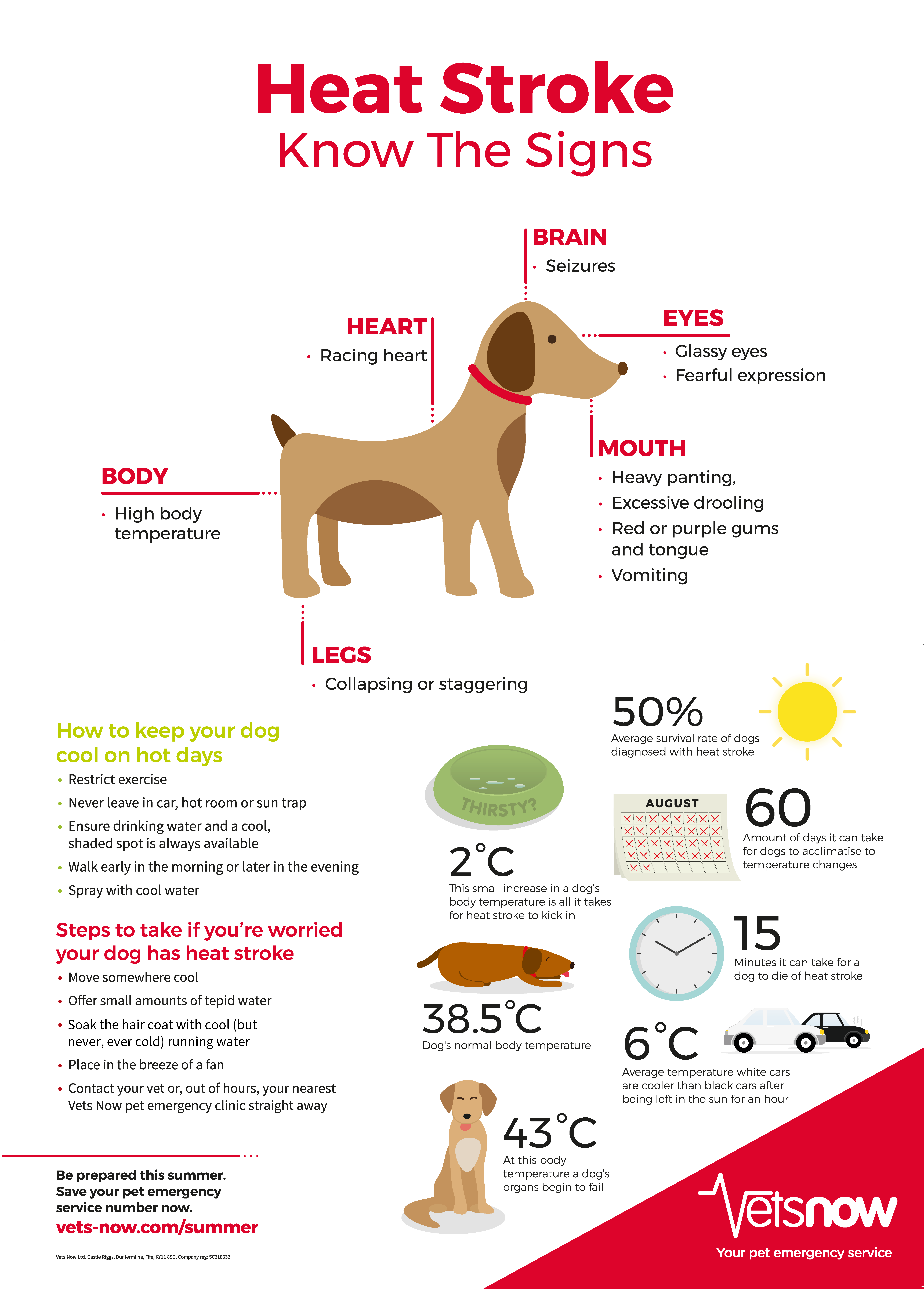Dog Daycare Routine Example
Dog Daycare Routine Example
Blog Article
Can Dog Day Care Cause Illness?
Pets in day care get lots of workout, socializing with other dogs and one-of-a-kind experiences. This can be specifically practical for young puppies and dogs with behavior problems.
There are numerous legal considerations you need to take into consideration when beginning a dog daycare business. These include the structure of your service and conformity with federal government regulations.
1. Canine Distemper
Canine distemper is spread with direct contact with the physical liquids and waste of a contaminated pet, yet it can additionally be transmitted via shared water and food bowls or through airborne droplets. This extremely infectious health problem is most unsafe for pups, yet it can impact dogs of any age and is fatal for many if left neglected.
Preliminary signs of canine distemper commonly resemble an acute rhinitis, consisting of dripping eyes and nose with watery or pus-like discharge. As the condition proceeds, a dog will develop fever, coughing, lowered cravings, throwing up and looseness of the bowels. The infection can additionally strike the nerves, causing seizures, shivering and partial or full paralysis.
Reputable daycares reduce exposure to infection by requiring inoculations, regular health examinations and adhere to rigorous health procedures. If your puppy seems excessively exhausted or limping, a day of rest may help him recoup, yet you need to stay clear of taking him back to day care up until these signs clean up.
2. Kennel Cough
Kennel cough, also called transmittable canine tracheobronchitis or Bordetella, is a very infectious viral or bacterial illness that affects the respiratory system. It's generally moved with the exchange of saliva or air droplets that a sick dog breathes out. Social pets go to higher risk for infection due to their constant communication with each other, such as when they play, share food or water, sniff one another or simply fulfill in a congested atmosphere like a canine park or daycare.
One of the most usual sign of kennel cough is a persistent and strong coughing that sounds like something stuck in the throat or retching. Often, pets will certainly spend frothy white phlegm. If left unattended, a pet dog can establish pneumonia and be at significant threat forever.
A respectable daycare facility need to have stringent cleaning and hygiene procedures, sanitize all toys, food and water bowls consistently, and be open regarding their vaccination plans. Maintaining your canine approximately day on their vaccinations, especially for bordetella and canine flu, will significantly reduce their opportunities of acquiring the illness.
3. Parvovirus
Canine parvovirus, or parvo, is a very infectious viral illness that can be harmful for young puppies and young adult pets with bad immune systems. It's most frequently spread by straight contact with polluted dog feces-- which can take place when pet dogs sniff, lick, or preference infected feces-- and indirectly from infected people, objects, or settings (like kennels, grooming areas and yards). Pups boarder collie dog and pet dogs without complete inoculation histories are specifically vulnerable to parvo.
The infection is very resilient, enduring in the environment for approximately nine years, and can conveniently be transferred in between canines by contact with feces or on shoes, garments, and bedding infected with parvovirus. If not dealt with instantly with IV liquids, electrolyte balance, throwing up control medications and prescription antibiotics to prevent second bacterial infections, a pet dog will rapidly dry out and develop serious diarrhea, which causes shock and sepsis. Parvo is tough to heal when a pet has come to be ill, but with proper veterinary care, several young puppies do endure this illness.
4. Pooch Influenza
Dog flu virus is extremely contagious and spreads with straight contact, sharing food and water bowls, licking or nuzzling various other dogs, with air-borne droplets, and with infected surfaces. Inoculation is effective in decreasing the threat of infection and outbreaks.
A lot of affected canines create a mild breathing infection with a coughing that lasts 1-3 weeks. They may likewise have nasal and eye discharge, sneezing, and lethargy. A few of one of the most serious instances lead to pneumonia and a high fever.
If your pet dog displays any of these symptoms, do not bring them back to daycare until they are healthy. If your pet is revealing indicators of severe tiredness or limping, speak to your vet right now and see to it they are on health supplements to assist construct their immunity. A veterinarian will certainly review your dog for signs of the influenza by taking an example from the nose or throat, and blood tests can be done to confirm.